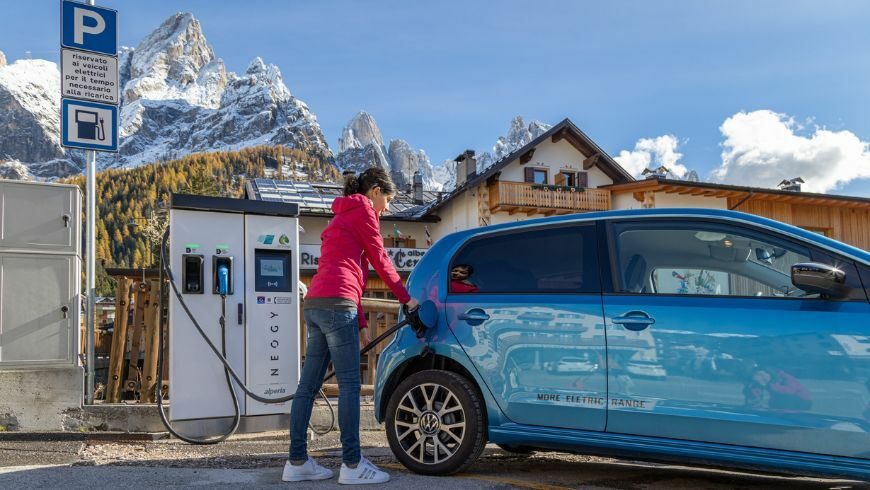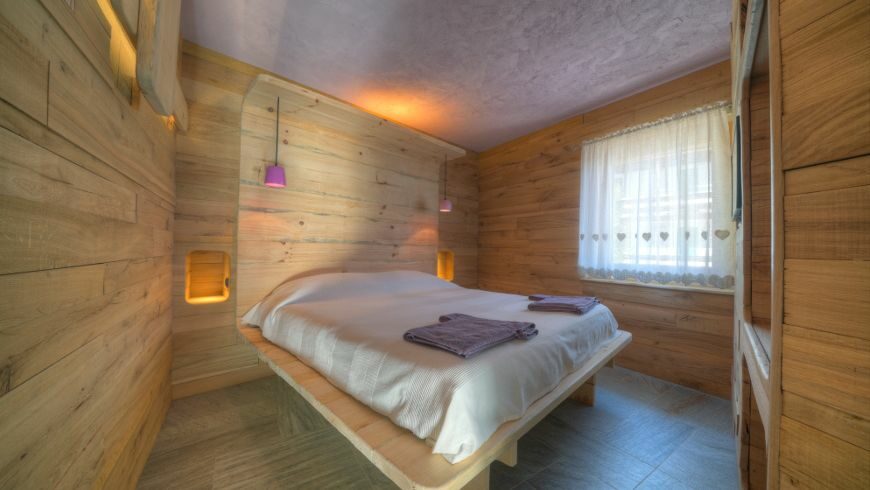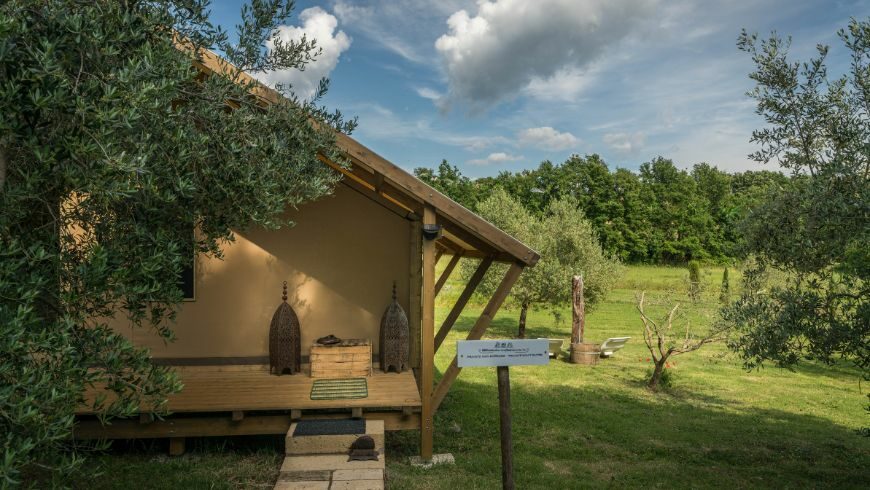In today’s environmentally conscious world, the hospitality industry has begun to recognize the importance of adopting sustainable practices in their daily operations. Hotels and resorts are no longer just places to rest your head; they have become essential in the global effort to reduce our ecological footprint. As travelers seek eco-friendly destinations, green hospitality has evolved from a mere trend to an integral component of the lodging experience.
Some of the best eco-friendly initiatives encompass a wide range of strategies, from energy-efficient lighting and water-saving measures to waste reduction and locally sourced food options. By embracing these innovations, establishments within the hospitality sector can not only minimize their environmental impact but also appeal to a growing clientele who prioritize eco-conscious choices.
Whether you are a hotelier seeking to enhance your property’s sustainability or a traveler looking for responsible lodging options, read on to learn more about how the hospitality industry can contribute to a greener tomorrow.
The Essence of Green Hospitality

The core principle of green hospitality is to create a comfortable and luxurious experience for guests while minimizing the environmental impact of hotel operations. This involves adopting sustainable practices, investing in eco-friendly technologies, and promoting awareness of environmental issues.
Prioritizing sustainability can be a great way for hotels and resorts to demonstrate their commitment to preserving our planet. When done the right way, it can also attract an increasing number of environmentally conscious travelers.
Green hospitality extends beyond the physical property and includes educating guests about the importance of sustainable practices, engaging with local communities, and supporting environmentally responsible initiatives. This holistic approach ensures that hotels and resorts contribute positively to both the environment and society as a whole.
Advancements in Energy-Saving Technologies

As excessive energy consumption remains a significant concern in the hospitality industry, many hotels and resorts have turned to innovative technologies to reduce their carbon footprint. These include LED lighting, solar panels, and energy-efficient heating and cooling systems. Additionally, smart sensors can be utilized to adjust room temperature and lighting based on occupancy, ensuring energy is not wasted.
Thanks to investing in these advanced solutions, hotels can significantly cut down on their energy usage while still providing a comfortable and enjoyable experience for their guests. Moreover, these energy-saving measures will result in significant cost savings for the establishment over time.
Waste Management and Reduction Strategies

Effective waste management is crucial for any eco-friendly establishment. Hotels can adopt various strategies to minimize waste production, such as implementing recycling programs, reducing single-use plastics, and offering reusable alternatives for items like linens and toiletries. Composting initiatives can also help transform food waste into valuable resources for local agricultural projects.
Furthermore, educating staff members on proper waste disposal procedures is equally important in ensuring these initiatives succeed. Food waste, in particular, is a prevalent issue within the hospitality industry, and hotels can combat this by implementing portion control measures in restaurants or offering customizable meal options. Donating surplus food to local food banks or charities is another excellent way to minimize food waste while supporting the community.
Sustainable Sourcing and Procurement

Responsible sourcing and procurement practices can contribute significantly to a hotel’s sustainability efforts. This involves carefully selecting suppliers based on their commitment to environmental and social responsibility, as well as opting for local and organic products whenever possible.
When prioritizing eco-friendly materials and supplies, hotels can reduce their carbon footprint, support local economies, and promote healthier environments for both guests and staff. Moreover, collaborating with suppliers to reduce packaging waste and streamline delivery processes can further enhance a hotel’s green credentials.
Water Conservation Measures

Water conservation is another vital aspect of green hospitality. Hotels can adopt various measures to conserve water, such as installing low-flow fixtures, implementing greywater recycling systems, and utilizing drought-resistant landscaping. These initiatives not only preserve precious water resources but also result in significant cost savings for the establishment.
Educating guests about the importance of water conservation and encouraging responsible usage is another essential component of a hotel’s water-saving strategy. For instance, promoting towel and linen reuse programs can be an excellent way to conserve water within a hotel. By encouraging guests to use their towels and linens for more than one day, hotels can significantly reduce the amount of water, energy, and detergent used in laundry operations.
Eco-Friendly Amenities and Services

Offering eco-friendly amenities and services allows hotels to cater to environmentally-conscious travelers while minimizing their impact on the environment. Examples include providing natural toiletries in biodegradable packaging, offering bicycle rentals or electric vehicle charging stations, and promoting nature-based activities that promote environmental awareness.
Establishing on-site gardens or green spaces is another approach hotels can take to minimize their environmental impact. These areas can provide fresh produce for hotel restaurants, reduce heat island effects, and enhance air quality – all while offering an appealing atmosphere for guests to enjoy.
Success Stories: Hotels and Resorts Leading the Green Movement

Numerous hotels and resorts worldwide have successfully adopted green hospitality practices, setting inspiring examples for others within the industry. Examples include:
- The Molina Sustainability Center, in Colorado, which boasts solar panels;
- Arosea Life Balance Hotel in Italy, known for its extensive use of local materials;
- Hotel Glamping Ribno in Slovenia, which prioritizes waste reduction initiatives;
- Macav Lodge (Costa Rica) operates on a minimal footprint and supports local community programs, such as environmental education and reforestation efforts.
These success stories demonstrate that adopting sustainable practices is not only feasible but also highly beneficial for both the environment and the hotel’s bottom line.
In Conclusion

Green hospitality has emerged as a crucial aspect of the modern lodging experience, driven by growing environmental awareness and the demand for eco-conscious travel options.
Today, there’s no doubt that by adopting sustainable practices, such as energy-saving technologies, waste management strategies, responsible sourcing, and water conservation measures, hotels, and resorts can significantly reduce their environmental impact and cater to the needs of environmentally-conscious travelers.
Moreover, these establishments can enjoy cost savings, enhance their reputation, and contribute to a greener future for all. Promoting such practices enables the hospitality industry to continue driving innovation and allows it to contribute positively to both the environment and society.
